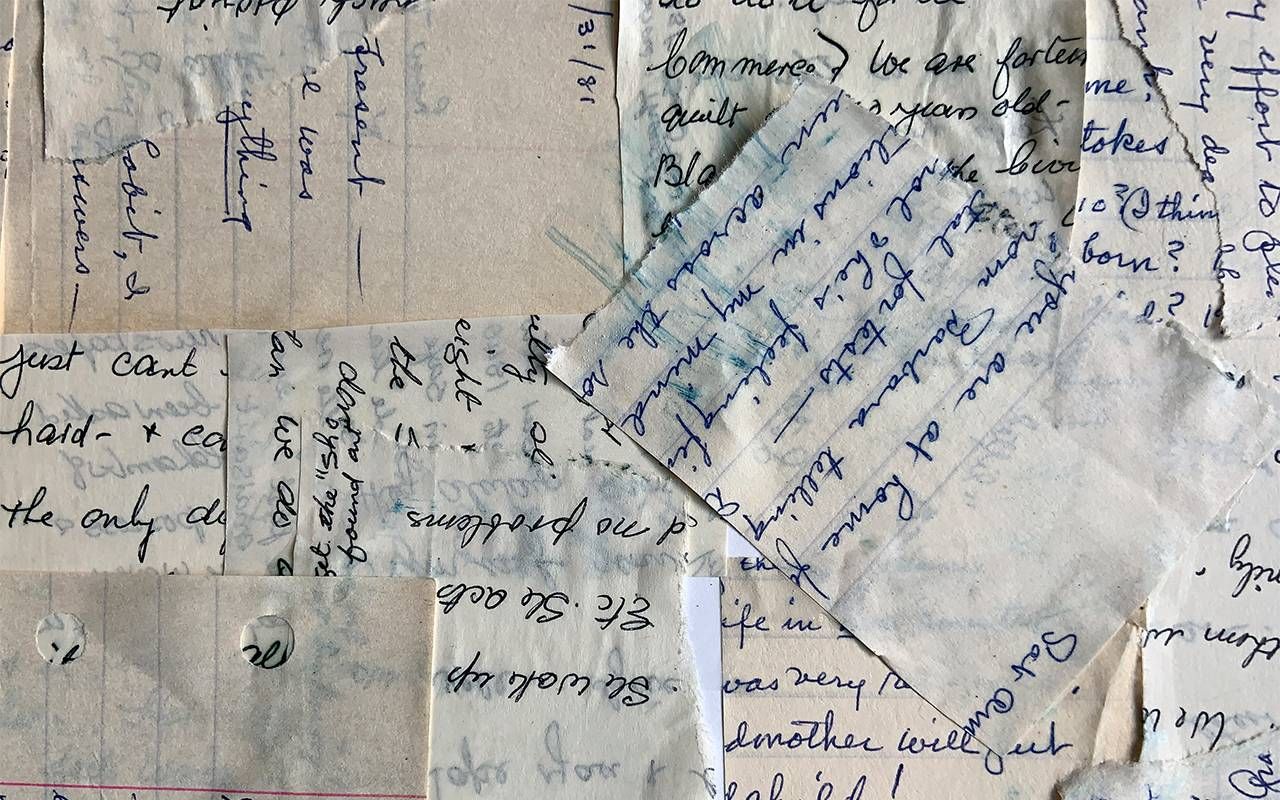I have never believed in the validity of hierarchies of importance and entitlement. I could not have explained this to you as a very young child, but that is when I clearly saw the fallacy—in my young mind, "craziness"—of the whole notion that grownups were superior because their greater size and strength enabled them to brutalize me, or that boys were more important than girls, as my mother tried to tell me in the 1950s. As far back as I can remember I knew that people were no more important than each other or animals or plants. We all "were" and therefore we deserved to be. And later when I learned about religions, that too made no sense. Deities? Beings or powers so great that they deserved worship? If something is truly great, worship by others is irrelevant, as is fearing or fawning. Great beings see with equal eyes and want everybody to know their own greatness. Perhaps they are lonely and want eye-to-eye company.
When I grew up and made my living in offices, my habit of addressing male bosses as equals drove several of them crazy. I believe hierarchies are a good method for achieving certain goals in an orderly way, but that has nothing to do with superior worth or entitlement of individuals, and respect has nothing to do with servile subordination.
When I got my first dog, I was curious about who she was, what she liked and wanted. I went to a training school called "People Training for Dogs" which appealed to me; it helped us learn one another's language and therefore become a better team. None of my subsequent dogs were "pets." They were my family, my partners, and we merely had different responsibilities: mine were to take care of them, protect them, love them; theirs were to be in the moment with me, loving and clear.
The more I've learned true history and the historical roots of slavery in various monarchies—a hierarchy founded in the belief that monarchists are superior beings directly descended from God and therefore others must obey them for their own good—the more I've been baffled by the insanity that this was accepted by enough people to have it exist and grow into doctrine of Manifest Destiny that made genocide, slavery, torture, and all manner of cruelty rational.
I watched Harry and Meghan's interview with Oprah and found myself alone in my interest: to hear from an outlier the true psychology and cost of the distorted values of a monarchy. I was on the edge of my couch as Harry described a family in shackles, constricted, dependent on the press for its existence, on constant edge and undermining one another in a desperate performance to survive. Again, I found myself exclaiming: This is nuts! And yet most people I heard from only wanted gossip on royalty or were judgmental that somebody so privileged was whining.
What?! I wanted to scream. Don't you see he is telling us our history—how we came to be and the insanity that birthed it?
It was only because I wanted to know more from an apparently sane person who just wants to be free that I read this memoir. When I took it out of the library, the check-out woman smiled and said, "Oh, some royal intrigue!" I thought about just nodding, but instead answered, "No. I really want to understand about the monarchy." She looked puzzled, then responded, "I hope you get whatever you want out of it."
Spare starts off as you might expect. You get a heavy dose of the current discomfort between Harry and his brother and father, then jumpcut to the past and dealing with his mother's death with complete submersion into the day-to-day life of a royal family member, boarding school, etc. It's interesting and I thought how much I wouldn't like having to live that way, always in the public eye, but since I don't really care about royals, I got a little bored . . . until in the aftermath of his mother's death, Harry accompanies his father to South Africa where he attends a lecture about a legendary battle between Britain and the Zulus in 1879, and Harry suddenly injects the sanity I was reading for: he says the war was "a source of pride for many Britons, . . [it] was the outgrowth of imperialism, colonialism, nationalism—in short, theft. Great Britain was trespassing, invading a sovereign nation and trying to steal it, meaning the precious blood of Britain's finest lads had been wasted that day . . . . But I was too young: I heard him and also didn't hear. Maybe I'd seen the movie Zulu too many times, maybe I'd waged too many pretend battles with my toy Redcoats. I had a view of battle, of Britain, which didn't permit new facts. So I zoomed in on the bits about manly courage, and British power, and when I should've been horrified, I was inspired." (33–34)
This, to me, tells the whole story of the whole mess: truth vs. our love of the stories we're accustomed to. Our love of drama that turns some people into "other"—be it into superior beings who will protect us or whose lives we can consume like a bowl of sweets because we fancy it is so romantic or exotic, or beings who are treated as property. Harry was twelve when he had his response to this story of theft, but his qualification as an adult gave me hope that I would learn something of value in his memoir—because he has obviously learned something different from what he was conditioned to believe. And in the next few pages, when he displayed his capacity to see the bird's-eye-view absurdity of a grown man frantically dinging a little bell in his boarding school's cafeteria to quiet a roomful of chatting boys who couldn't hear him, I settled down for a good read. Read More










